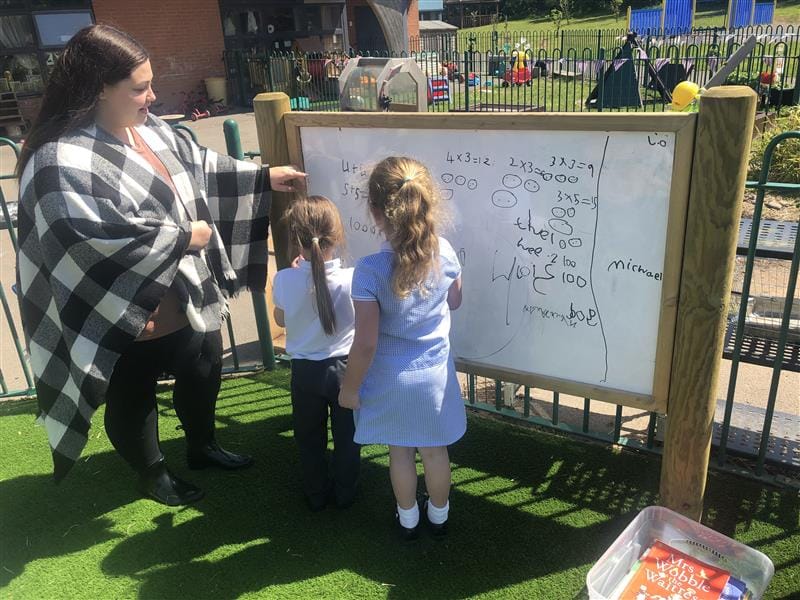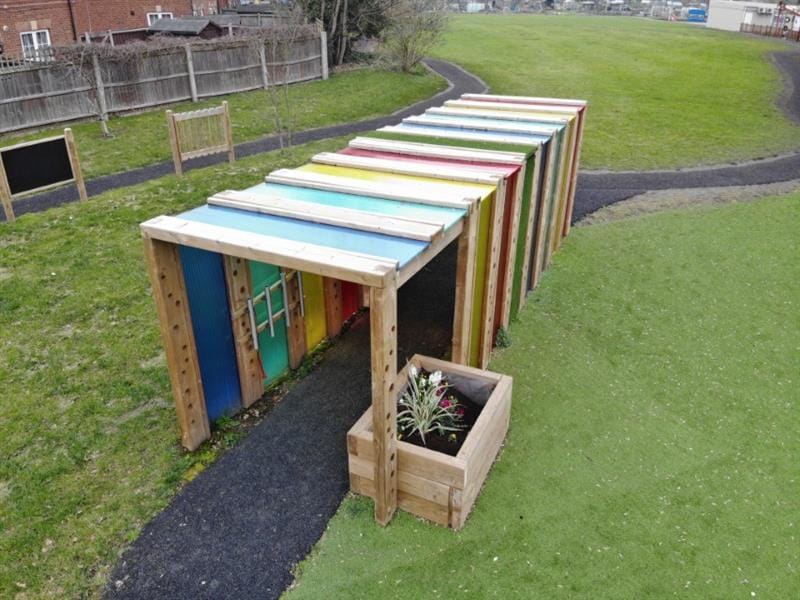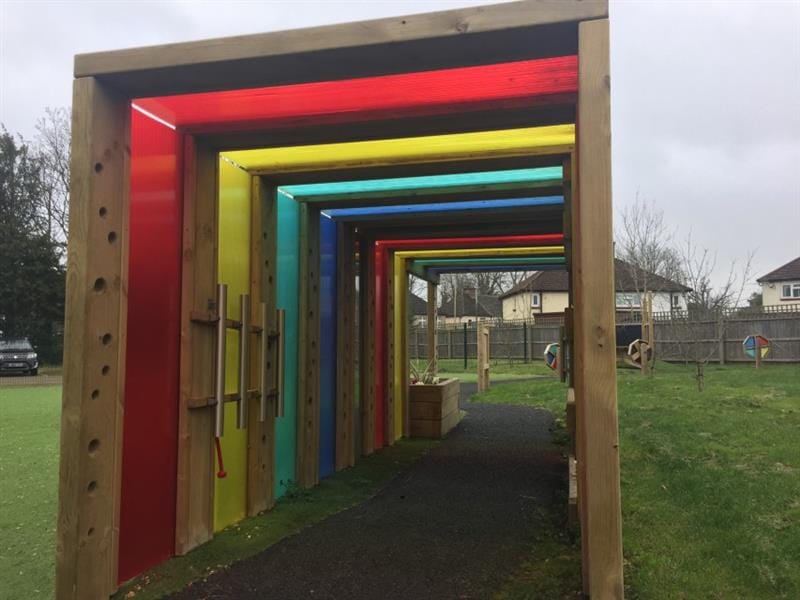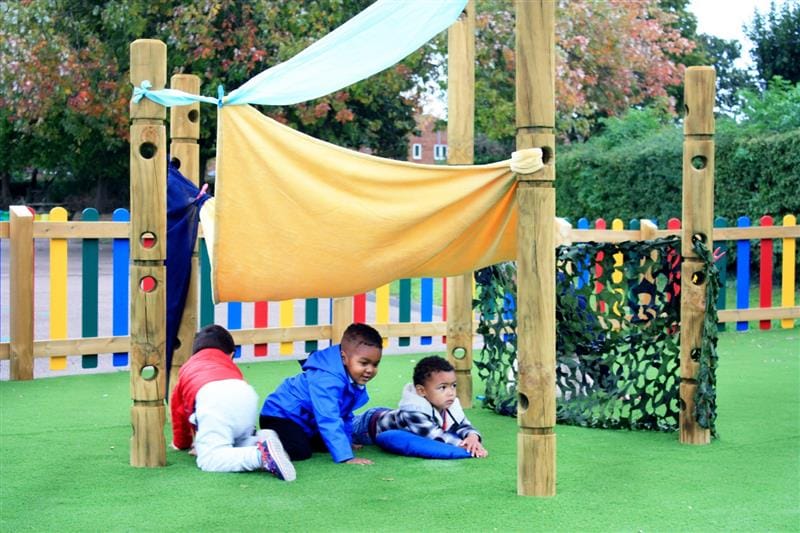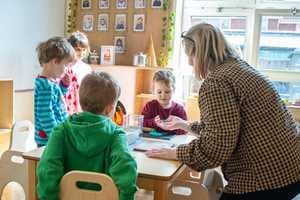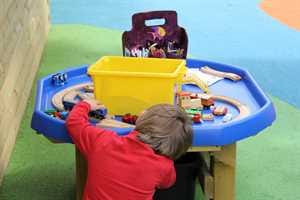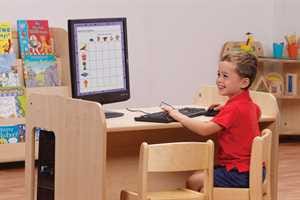
Children's Health
How Outdoor Play Can Benefit And Support Children’s Emotional Regulation.
“Personal, Social, and Emotional Development (PSED) is crucial for children to lead healthy and happy lives and is fundamental to their cognitive development.” GOV.UK – Help for Early Years Providers.
PSED is a fundamental aspect of early childhood education and is one of the three key areas within the UK’s Early Years Foundation Stage (EYFS) framework.
PSED in early childhood education assists children to form:
- A positive sense of themselves
- Respect for others
- Social skills
- Emotional well-being
- Positive feelings towards learning
All of which are essential for children who are ready for school.
By having PSED children can mix comfortably with adults and peers, form relationships, feel happy and secure, investigate, and learn with confidence, and most importantly feel good about themselves.
PSED in an Early Years setting looks at the importance of developing children’s self-regulation skills, which includes how children manage their own emotions and behaviour. Children who learn to develop strong self-regulation skills will be able to:
- Cope with stress more favourably
- Build healthy relationships
- Perform better academically
Supporting emotional regulation aids children’s cognitive development by helping them to learn how to self-regulate emotionally and behaviourally, which are essential skills for success in school and into adult life.
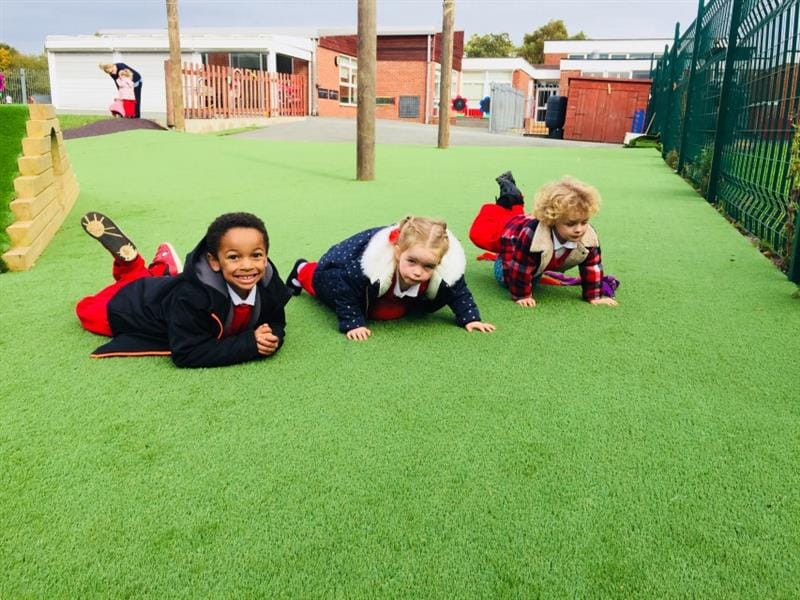
In the Early Years Foundation Stage (EYFS) the foundations of children’s emotional development are the important bonds that will form their social world. Having constant, loving, and reassuring relationships with adults allows children to understand how to recognise their own feelings and other people's feelings.
Adults can guide children to understand and manage their own emotions, be positive about themselves, set achievable goals, gain confidence in their own abilities, and be resilient and focused.
Children can learn about looking after their bodies, eating healthily, and independently managing their personal needs via supportive adults who will show and guide them along the way.
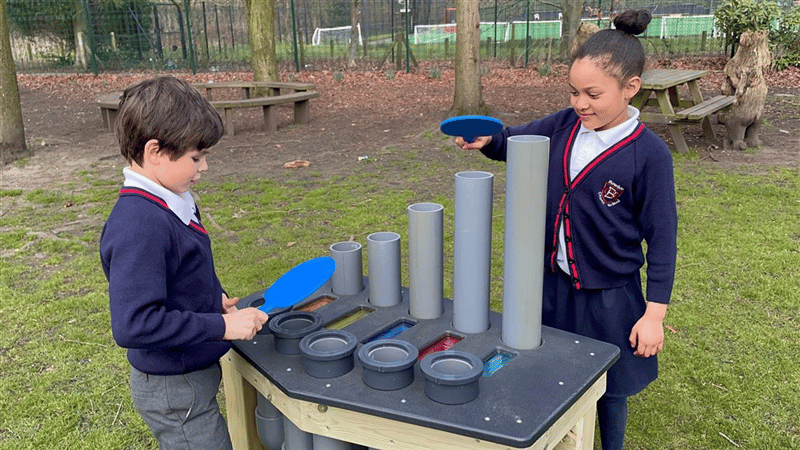
With guidance and modelling from adults, children will learn how to make friends, collaborate, and solve conflicts amicably.
All the above features provide a secure grounding for children to enable them to succeed at school and in later life.
What Is Emotional Regulation?
Emotional Regulation is the ability to manage our emotions. Another name for Emotional Regulation is Emotional Self-Regulation.
Emotional Regulation involves identifying and understanding your own emotions, expressing them suitably, and being able to manage them in a healthy way.
Emotions are a normal part of everyday life! Everyone at times feels happy, sad, frustrated, angry, cheerful, etc. depending on events that have happened and how we respond to them emotionally. Everyone is unique and how people perceive the same event emotionally can differ too. For example, if a family is moving house to a different country, one child could be excited about the new adventures ahead, whilst the other child could be anxious about moving country and leaving their home behind.
Children can learn how to emotionally regulate in numerous ways through:
- Co-Regulation (modelling) - looking at other people's behaviour, especially adults
- Play
- Mindfulness
- Positive Reinforcement
Co-Regulation:
Emotional Regulation isn’t a skill that we are born with, and in younger children in particular their mood swings can be huge and frequent. Supporting emotional regulation in children and the large range of emotions that can occur is a very important task.
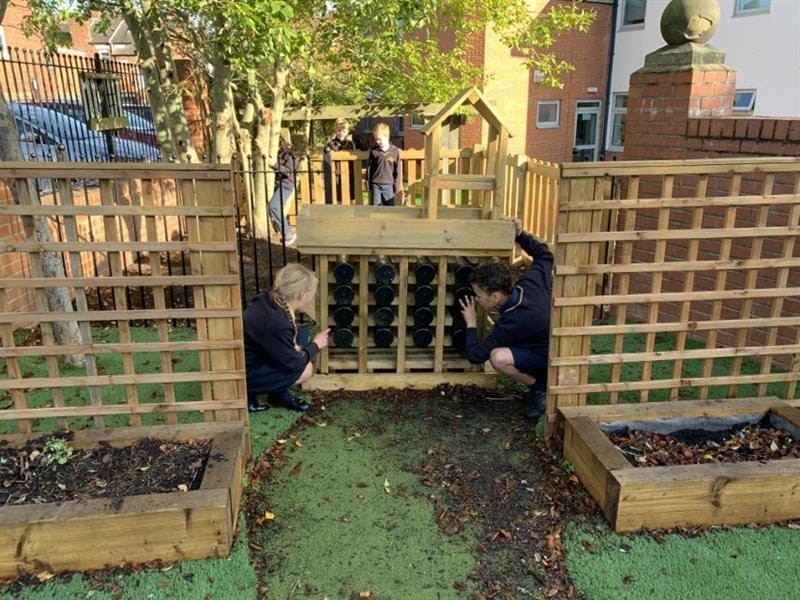
Learning to regulate your emotions is a skill that can be taught to children by their adult support group (parents, grandparents, teachers, etc.) and is known as co-regulation.
When supporting emotional regulation in children, adults need to be conscious of their own emotions (how they react emotionally to a situation, and how this will affect the child’s emotions).
Co-regulation relies on the building blocks of warm, friendly, trusting relationships between adults and children. Adults need to provide a stable environment with constant routines and expected boundaries to help children feel safe and protected to gain emotional development.
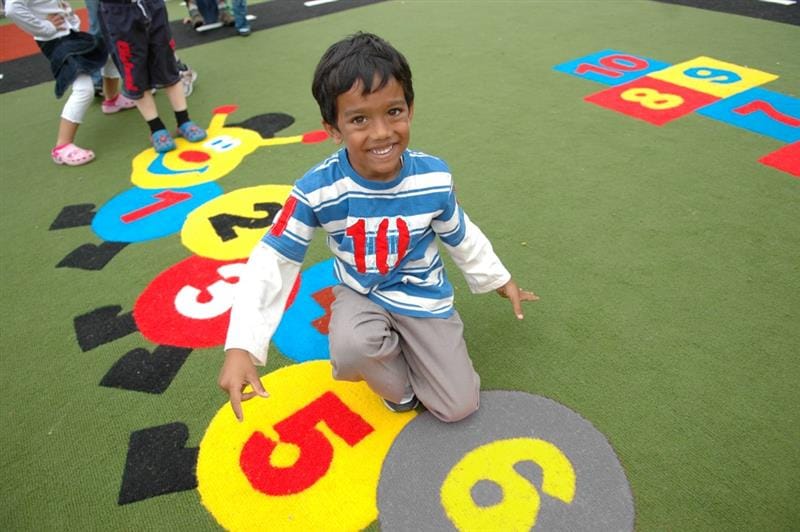
When adults help model how to react to certain situations emotionally, this forms the foundations of children’s emotional development learning by helping children regulate their emotions and teaching them coping strategies to use in the future.
Product Spotlight
When children experience big emotions from exams or life, adults need to provide calm and constant support, reassurance, and sincerity whilst at the same time developing their emotional intelligence.
Adults and teachers can do this by talking about our emotions, referring to characters in books and films and their emotions, and role-playing with children so that they can see other perspectives.
Young children in particular need lots of help to manage their emotions as they get to grips with the world around them. Supporting emotional regulation should be throughout childhood and into adulthood, especially in times of emergency.
Play:
Through play and role-play, children can have numerous occasions to explore different emotions in a safe and understanding setting. Through play, children can learn to express themselves and regulate their emotions learning from adult and peer modelling.
Mindfulness:
Children who practice mindfulness can control their emotions better due to being present in the moment, heightening their self-awareness of their emotions and therefore learning how to regulate them more efficiently.
Positive Reinforcement:
Positive reinforcement is a wonderful way of aiding children to develop emotional regulation skills. Being positive with children when they are showing healthy emotional regulation skills will boost children’s emotional self-awareness and lead to future positive behaviour traits.
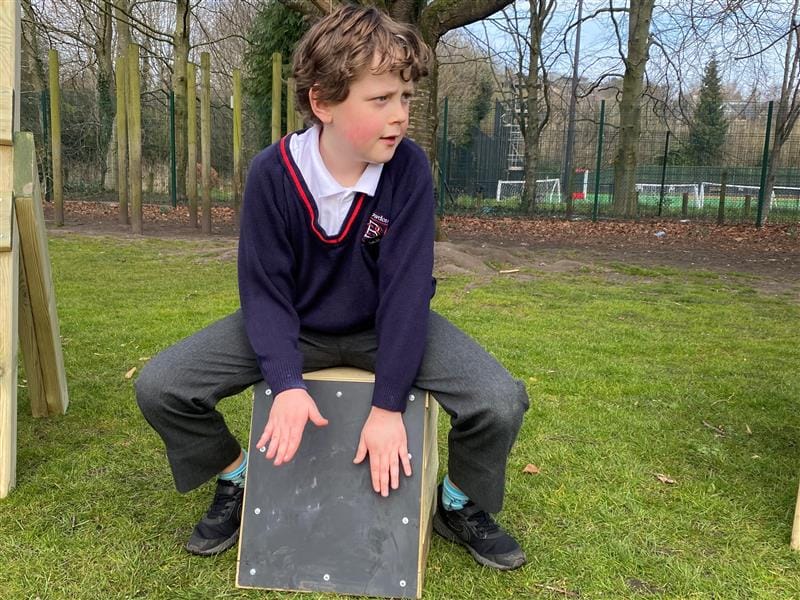
Emotional Regulation is learned throughout a child’s life, and some will find it easier than others to regulate their emotions. Learning to self-regulate for a child is a key milestone. These self-regulating foundations are laid from early childhood.
For some children spilling a drink at a young age can be traumatic, but with age, they will learn that it was only an accident, be calm, pick up the glass, tidy up the mess, and pour a new drink. For other children, this takes longer. But with supportive adult modelling, children will hopefully be able to manage their emotions and improve their emotional development.
Why Is Emotional Regulation Important For Children?
Our emotions are linked to how we think and feel, and what actions we take. For children controlling their emotions is a learning curve. Adults and teachers can help support their emotions so that they grow as individuals.
Children’s emotional regulation is important because:
- They will learn how to manage their emotions helping them have better mental health and a sense of well-being.
- They will be able to communicate and empathise with others helping them form strong relationships.
- They will have better focus and reduced stress levels helping them perform better academically which will follow into their adult lives.
- They will be able to develop resilience, helping them cope with life obstacles and adversity from infancy and into adulthood.
By regulating their emotions in fraught situations, children can then make smarter decisions going forward. Making controlled, calm choices in times of emotional stress will aid children to live a peaceful life which in turn aids positive mental health.
Research has shown that children who can regulate their emotions during their childhood will have better mental health outcomes in adulthood, and not develop mental health disorders such as anxiety and depression. They are also more likely to have better social skills, form strong relationships, and be more satisfied with their lives. Psychology Today: Child Mind Institute.
Emotional Recognition - Activities To Support Children’s Emotional Regulation:
The first step for any child to be successful at Emotional Regulation is to be able to recognise their own emotions and the emotions of others.
There are 6 key emotions that people have:
- Happy
- Sad
- Scared
- Angry
- Worried
- Bored

How do you help children recognise their emotions and the emotions of others?
There are 4 ways that adults can help children recognise different emotions:
- Name your emotions and how you are feeling to children so that they know what you look like when you are feeling that way.
- Reference to the 5 Steps to Teaching Emotions table (below – Worcestershire Speech and Language Therapy Table)
.jpg)
- Talk about the emotions of characters in books and films with children. E.g., Paddington Bear looks happy, scared, and angry.
- Apply an Emotion Coaching approach formulated by Professor John Gottmann, where children are supported by an adult to recognise their emotions and formulate a plan to solve them. The adult and child together can:
- Be aware of your child’s emotions
- Recognise emotion as an opportunity for connection or teaching
- Help your child verbally label emotions
- Communicate empathy and understanding
- Set limits and problem solve
(Five Steps of Emotion Coaching – Dr. John Gottman)
Activities To Support Children’s Emotional Regulation:
Pentagon Play has worked closely with Special Educational Needs (SEN) experts to develop a range of outdoor playground equipment designed to help children with SEN. Children need free-flow, open-ended, physical play activities to help them self-regulate. Encouraging children to self-regulate and providing outdoor resources that aid self-regulation for children to become calm is an essential part of school life. Children that can calm themselves, recognise when they are becoming frustrated, overwhelmed, or unfocused can participate in activities to help their personal growth, refocus themselves and be ready to learn.
There are many benefits of outdoor play that are linked to children’s emotional development. Pentagon Play expert SEN playground consultants can help transform your playground to assist those who need to self-regulate. Working together with staff and children, Pentagon Play can design and install equipment to improve behavioural traits, emotional feelings, memory, sensory processing, imagination, social interaction, and sustained concentration.
Below, are 3 activities and resources that could easily be incorporated into any playground to help children self-regulate and aid emotional development.
- Recognise Emotions Activity:
A lovely outdoor activity for children to recognise their emotions and the emotions of others is by using Pentagon Play's Giant Playground Mirror and Giant Chalkboard/Whiteboard. Children can work in pairs to pull different faces/emotions in the mirror for their partner who in turn must recognise them and draw them on the Chalkboard/Whiteboard.
Together the children can explain what each emotion means, how they would feel in the moment, and what the best way to regulate their emotions would be. Children together will develop a greater sense of emotional awareness as well as understand how others are feeling. A fantastic way of encouraging vocabulary and language skills whilst at the same time learning about self-regulation and emotional development.
- Grounding Technique Activity:
A great resource for children who need to self-regulate is Pentagon Play's Sensory Tunnel. Sensory strategies are a wonderful way to help manage children’s emotional development, by allowing their senses to override their emotions to bring them back to a calm state. This is linked closely to Grounding Techniques when children are feeling anxious and can focus on their surroundings. A well-known Grounding Technique is the “54321” technique:
- 5 things you can see
- 4 things you can feel
- 3 things you can hear
- 2 things you can smell
- 1 thing you can taste
The Sensory Tunnel can be used to bring children outside (a benefit of outdoor play) when their emotions are high and practice the Grounding Technique to help them become calm. The Sensory Tunnel provides stimulation for all the senses as they travel through the eight-meter-long space and is accessible for all teachers and children including those in wheelchairs and mobility aids.
Made from wood and polycarbonate-coloured panels children can see the different spectrums of colours flooding through the Tunnel as they pass through it. Halfway through the Tunnel, is a mirror where children can look and observe themselves and see the emotions that they are feeling and improve self-awareness and emotional development.
Holes in the timber framework of the Tunnel create a unique dappled light to shine through into the Tunnel, providing additional visual stimulation for children to marvel at. They can also be used to make dens by stretching blankets along the inside of the Tunnel to create a calm, breakout area. The holes can also be a great distraction for the children as they explore with their hands and fingers running them in and out of the different-sized holes.
Children can walk through the Sensory Tunnel holding their hands out and feeling the different textures of the panels from wood, polycarbonate, metal, and artificial grass to plants and flowers, allowing their senses to be heightened by all the different textures and temperatures found within the Tunnel.
Planters are positioned at opposite ends of the Sensory Tunnel, to encourage independence, scientific learning, and the understanding of the world. To aid children through a sensory journey the Planters can be used to aid children who are struggling emotionally by allowing them to plant and tend to the flowers. Having children touch the soil, leaves, and water as well as digging, planting and watering will provide a calming sensory effect on the children helping them to self-regulate. Introducing herbs, lavender and other highly scented and tasty plants will also contribute towards stimulating their smell and taste senses.
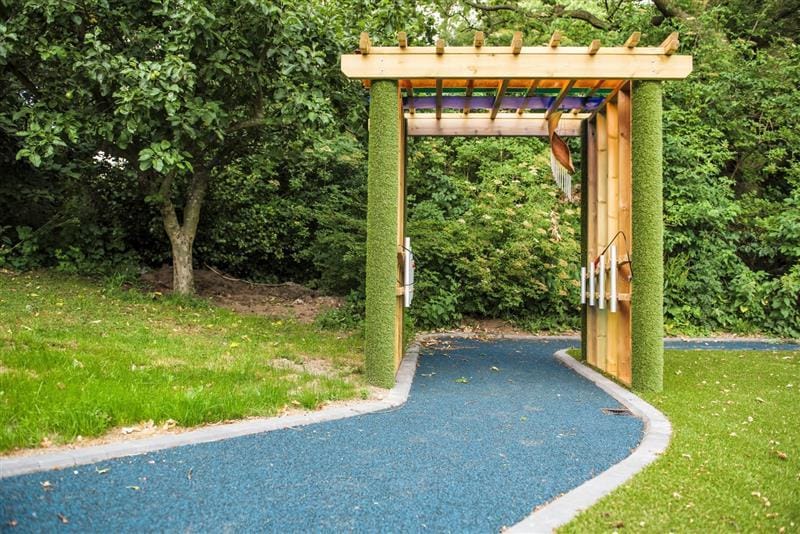
Finally, the Sensory Tunnel includes 8 Music Chimes enabling children to beat out rhythms and play music, supporting emotional regulation and becoming calmer in a multi-sensory safe environment. Enabling children to be relaxed and aiding better mental health as they let go of any stress or worries.
- Role Play Activity:
Role-play is a wonderful way of allowing children to explore different emotions in a safe setting. Through role-play, children can be expressive and adjust their emotions as they learn from peers and adults around them.
Pentagon Play’s Forest Floor Learning Den is an ideal environment to encourage fun role-play activities. With a beautifully crafted double-pitched roof and open entrance, children are free to move in and out of the Den, thus allowing the children to be creative and inclusive, which are benefits of outdoor play.
Teachers can use the Learning Den for role-play activities and transform it into a hospital, doctor’s surgery, Vets, or hairdressers. Encouraging children to role-play accidents, illness, or even hairdressing disasters! Model to the children how difficult situations could be rectified in a calm and measured way, showing that adults and children can be calm and collected and find solutions to worrying problems. By modelling correct emotions in times of stress to children, they will learn how to cope with similar occasions throughout their lives, supporting emotional regulation, developing problem-solving skills, and boosting their social competence and self-esteem.
Children’s emotional regulation through outdoor play is important. Combatting emotional issues can be difficult for young people, so providing activities and environments for regulation is crucial. Here at Pentagon Play, we strive to provide outdoor resources to aid children’s emotional development.
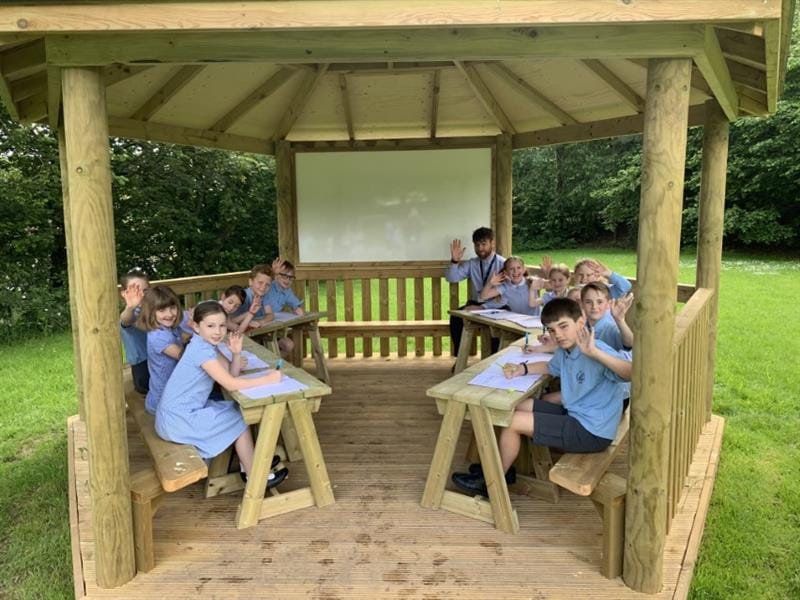
For more information on our products Contact Pentagon Play where one of our expert SEN advisers will be happy to help!
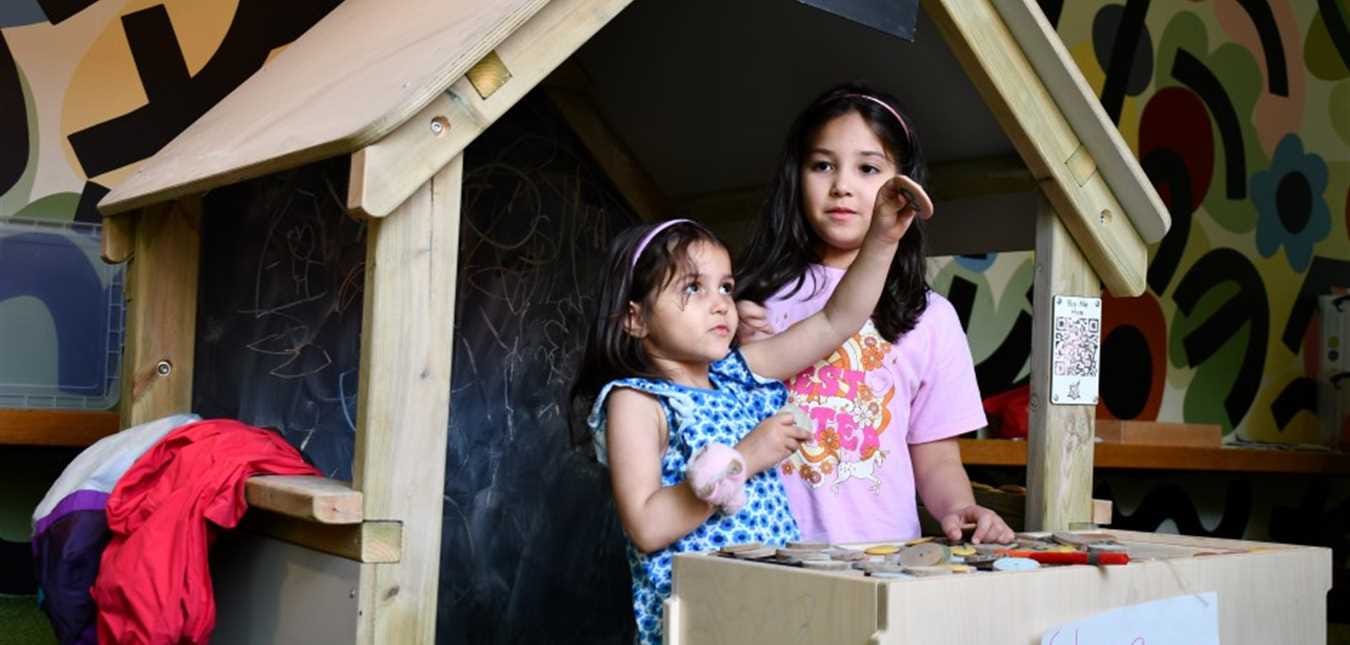

.JPG)

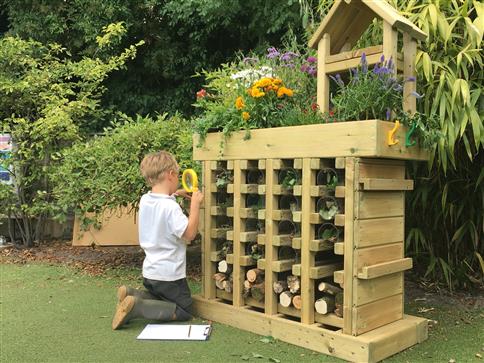
.JPG)
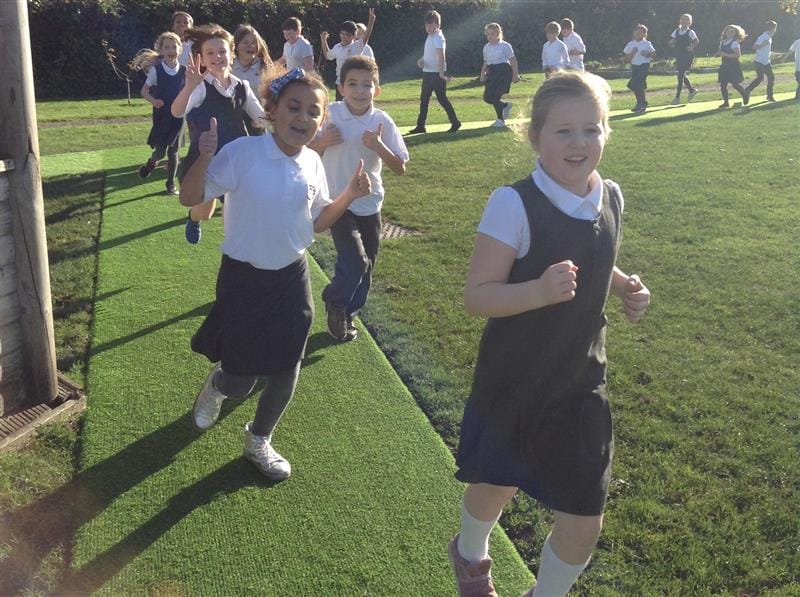
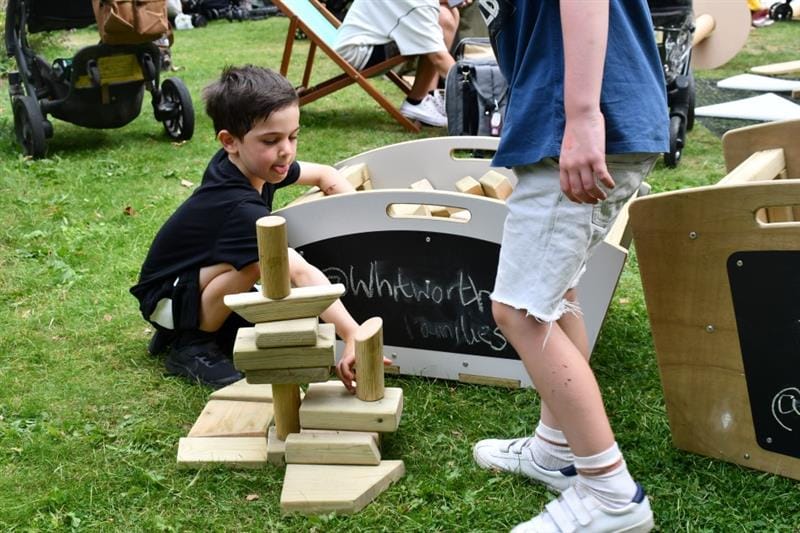
.JPG)
